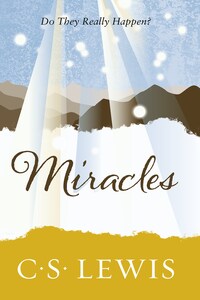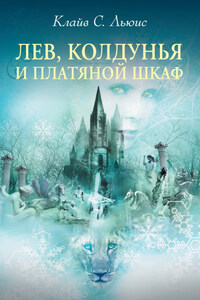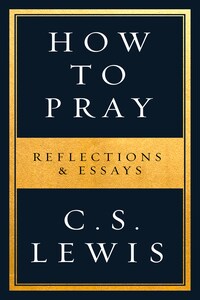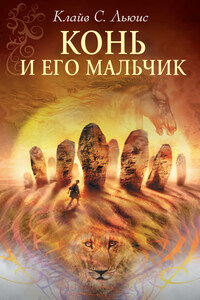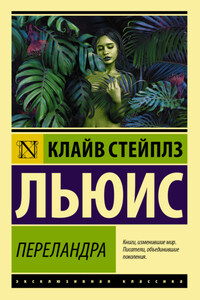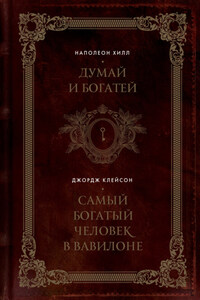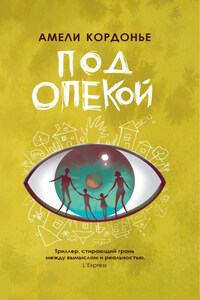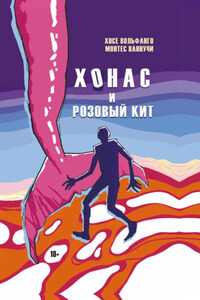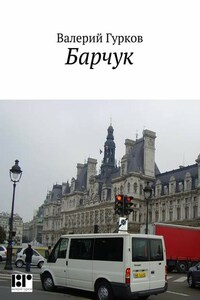William Collins
An imprint of HarperCollinsPublishers
1 London Bridge Street
London SE1 9GF
www.WilliamCollinsBooks.com
First published in Great Britain by Geoffrey Bles 1947
Copyright © C. S. Lewis Pte Ltd 1947
Cover design and illustration by Kimberly Glyder
The right of C. S. Lewis to be identified as the author of this work has been asserted by him in accordance with the Copyright, Designs and Patents Act 1988
A catalogue record for this book is available from the British Library
All rights reserved under International and Pan-American Copyright Conventions. By payment of the required fees, you have been granted the non-exclusive, non-transferable right to access and read the text of this e-book on-screen. No part of this text may be reproduced, transmitted, down-loaded, decompiled, reverse engineered, or stored in or introduced into any information storage and retrieval system, in any form or by any means, whether electronic or mechanical, now known or hereinafter invented, without the express written permission of HarperCollins.
Source ISBN: 9780007461257
Ebook Edition © September 2011 ISBN: 9780007332298
Version: 2015-11-24
To
Cecil and Daphne Harwood
Epigraph
Among the hills a meteorite
Lies huge; and moss has overgrown,
And wind and rain with touches light
Made soft, the contours of the stone.
Thus easily can Earth digest
A cinder of sidereal fire,
And make her translunary guest
The native of an English shire.
Nor is it strange these wanderers
Find in her lap their fitting place,
For every particle that’s hers
Came at the first from outer space.
All that is Earth has once been sky;
Down from the sun of old she came,
Or from some star that travelled by
Too close to his entangling flame.
Hence, if belated drops yet fall
From heaven, on these her plastic power
Still works as once it worked on all
The glad rush of the golden shower.
C.S.L.
Reprinted by permission of Time and Tide
Contents
Cover
Title Page
Copyright
Dedication
Epigraph
1 The Scope of this Book
2 The Naturalist and the Supernaturalist
3 The Cardinal Difficulty of Naturalism
4 Nature and Supernature
5 A Further Difficulty in Naturalism
6 Answers to Misgivings
7 A Chapter of Red Herrings
8 Miracles and the Laws of Nature
9 A Chapter not Strictly Necessary
10 ‘Horrid Red Things’
11 Christianity and ‘Religion’
12 The Propriety of Miracles
13 On Probability
14 The Grand Miracle
15 Miracles of the Old Creation
16 Miracles of the New Creation
17 Epilogue
Appendix A: On the Words ‘spirit’ and ‘spiritual’
Appendix B: On ‘special Providences’
About the Author
Other Books by C. S. Lewis
About the Publisher
Those who wish to succeed must ask the right preliminary questions.
ARISTOTLE, Metaphysics, II, (III), I.
In all my life I have met only one person who claims to have seen a ghost. And the interesting thing about the story is that that person disbelieved in the immortal soul before she saw the ghost and still disbelieves after seeing it. She says that what she saw must have been an illusion or a trick of the nerves. And obviously she may be right. Seeing is not believing.
For this reason, the question whether miracles occur can never be answered simply by experience. Every event which might claim to be a miracle is, in the last resort, something presented to our senses, something seen, heard, touched, smelled, or tasted. And our senses are infallible. If anything extraordinary seems to have happened, we can always say that we have been the victims of an illusion. If we hold a philosophy which excludes the supernatural, this is what we always shall say. What we learn from experience depends on the kind of philosophy we bring to experience. It is therefore useless to appeal to experience before we have settled, as well as we can, the philosophical question.
If immediate experience cannot prove or disprove the miraculous, still less can history do so. Many people think one can decide whether a miracle occurred in the past by examining the evidence ‘according to the ordinary rules of historical inquiry’. But the ordinary rules cannot be worked until we have decided whether miracles are possible, and if so, how probable they are. For if they are impossible, then no amount of historical evidence will convince us. If they are possible but immensely improbable, then only mathematically demonstrative evidence will convince us: and since history never provides that degree of evidence for any event, history can never convince us that a miracle occurred. If, on the other hand, miracles are not intrinsically improbable, then the existing evidence will be sufficient to convince us that quite a number of miracles have occurred. The result of our historical enquiries thus depends on the philosophical views which we have been holding before we even began to look at the evidence. This philosophical question must therefore come first.
Here is an example of the sort of thing that happens if we omit the preliminary philosophical task, and rush on to the historical. In a popular commentary on the Bible you will find a discussion of the date at which the Fourth Gospel was written. The author says it must have been written after the execution of St Peter, because, in the Fourth Gospel, Christ is represented as predicting the execution of St Peter. ‘A book’, thinks the author, ‘cannot be written before events which it refers to’. Of course it cannot—unless real predictions ever occur. If they do, then this argument for the date is in ruins. And the author has not discussed at all whether real predictions are possible. He takes it for granted (perhaps unconsciously) that they are not. Perhaps he is right: but if he is, he has not discovered this principle by historical inquiry. He has brought his disbelief in predictions to his historical work, so to speak, ready made. Unless he had done so his historical conclusion about the date of the Fourth Gospel could not have been reached at all. His work is therefore quite useless to a person who wants to know whether predictions occur. The author gets to work only after he has already answered that question in the negative, and on grounds which he never communicates to us.
